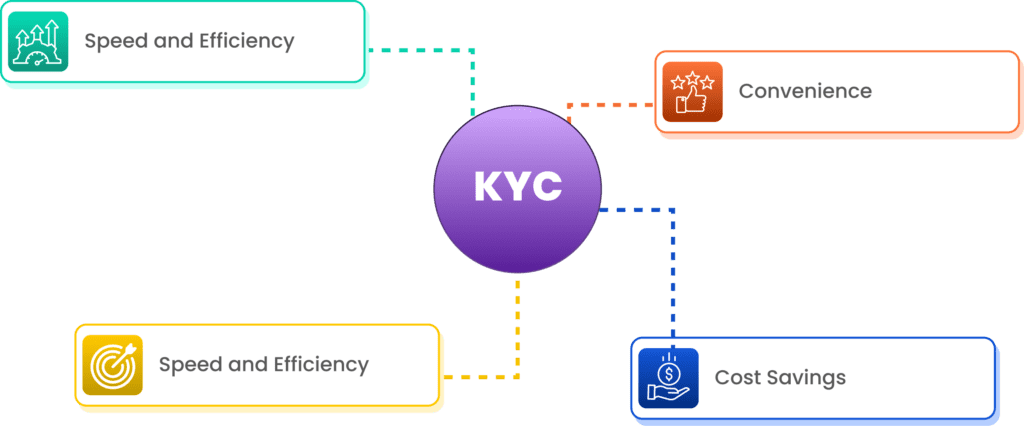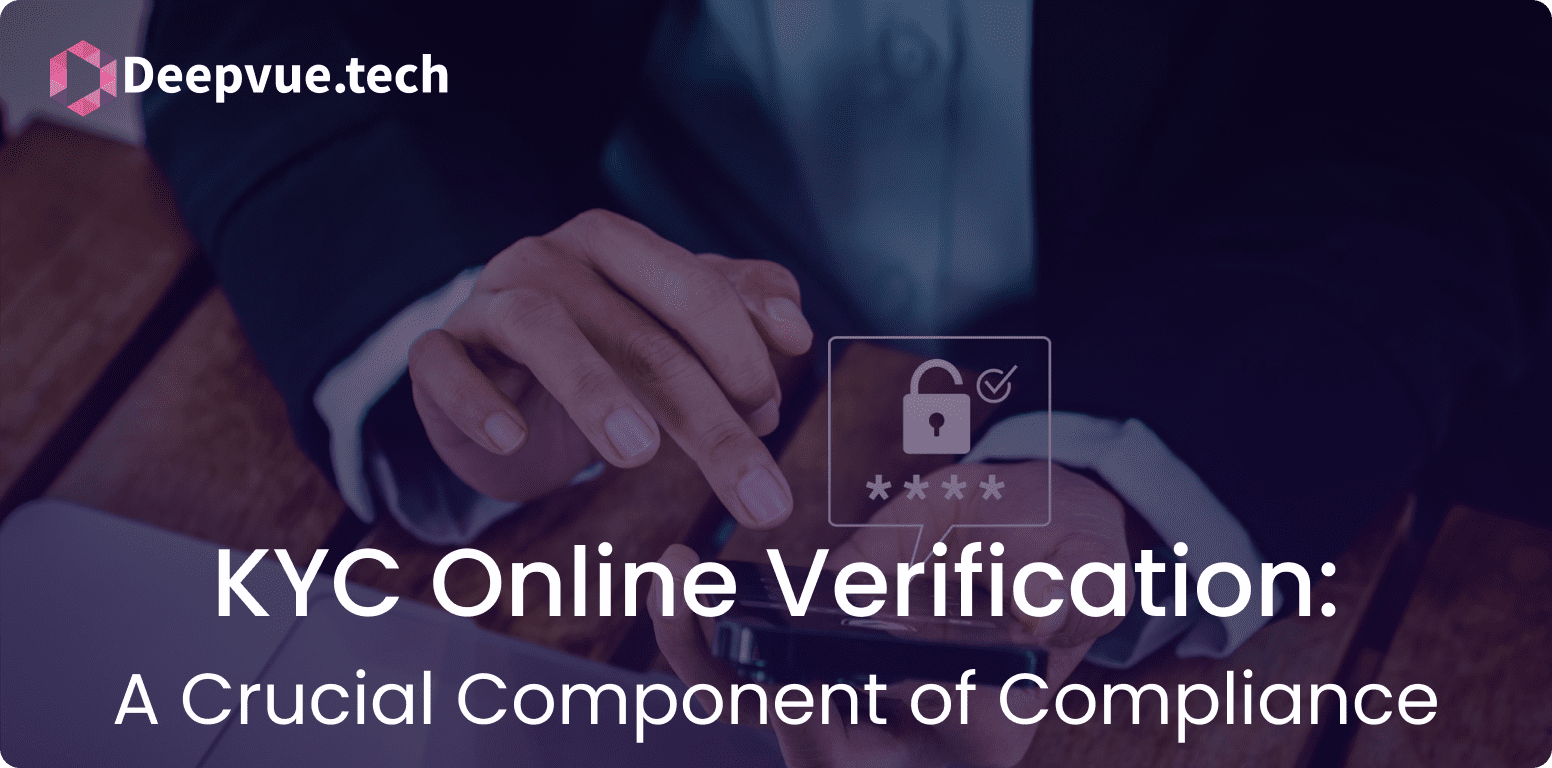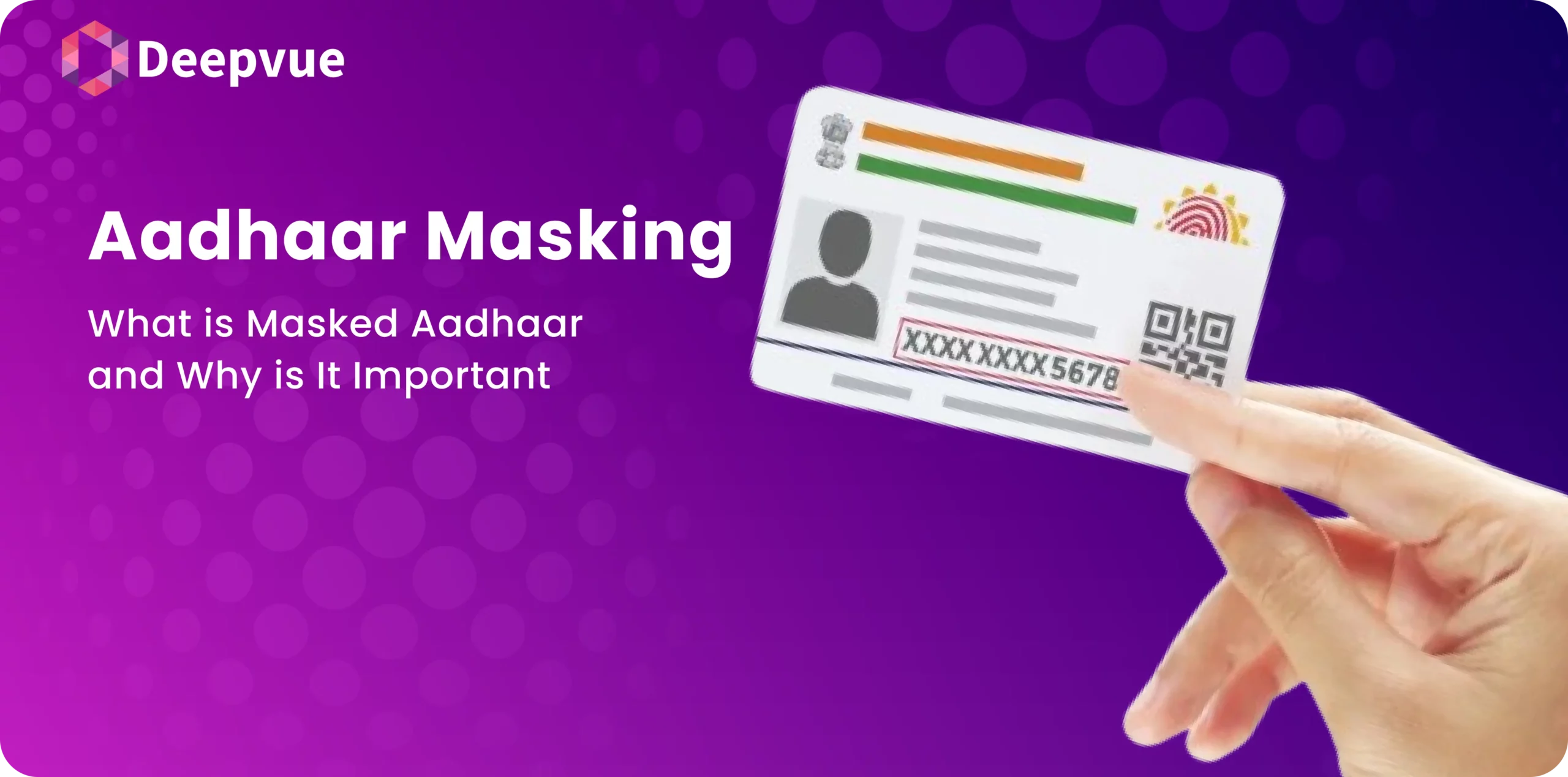Businesses across various sectors—including banking, e-commerce, and healthcare—have prioritized compliance to maintain trust and security. The center of this compliance is the Know Your Customer (KYC) process that is essential for customer identity verification and risk mitigation.
With the increasing adoption of online transactions, KYC online verification has become a critical tool for businesses looking to ensure efficiency, accuracy, and customer authenticity.
What is KYC Online Verification?
KYC online verification is a digital process that enables businesses to validate their customers’ identities using electronic methods. This process replaces traditional, paper-based verification methods, making it quicker, more accurate, and more secure.
By leveraging advanced technologies such as biometric authentication, document recognition, and artificial intelligence (AI), KYC online verification ensures that customers are who they claim to be.
The Importance of KYC in Compliance
KYC processes are designed to achieve many key objectives that are crucial for compliance and ensuring business integrity:
Identity Verification
The primary goal of KYC is to confirm the identity of customers. This helps in building trust between the business and its customers, ensuring that the person or entity on the other side of the transaction is legitimate. Accurate identity verification is the first step in preventing fraud and establishing a secure business transaction..
Risk Assessment
KYC is also essential for assessing the customers’ risk profile. By examining client profiles and credit histories, businesses can identify and mitigate potential risks associated with fraud, money laundering, and other financial crimes. This risk-based approach helps companies allocate resources effectively and apply advanced verification measures wherever necessary.
Regulatory Compliance
KYC procedures are also often mandated by regulatory bodies to ensure that businesses adhere to legal requirements. Compliance with these regulations is mandatory; failure to adhere can result in fines or penalties and also can damage the company’s reputation. Implementing robust KYC processes helps businesses meet these regulatory standards and avoid legal problems.
Fraud Prevention
In the present digital era, fraud is a never-ending threat. KYC helps in preventing fraudulent activities by thoroughly verifying customers’ genuinity and accuracy of their transactions. By using advanced technologies and continuous monitoring, businesses can detect and prevent fraudulent behavior, protecting both their assets and their customers.
How KYC Online Verification Works
The KYC online verification process involves different steps, each of them ensures thorough and accurate customer verification:
Step 1 – User Registration
Customers initiate the KYC verification during account registration or onboarding. This step involves providing basic personal information and agreeing to the verification process.
Step 2 – Document Submission
Customers upload identity documents, such as passports, driver’s licenses, PAN, Aadhaar or utility bills, to a platform. These documents serve as proof of identity and address & confirm the legitimacy.
Step 3 – Document Verification
Advanced algorithms analyze and verify the authenticity of those documents. This involves checking for security features like holograms and watermarks, as well as comparing the photo on the document with a selfie taken by the customer.
Step 4 – Biometric Verification
Some systems use biometric data, such as facial recognition or fingerprint scanning, to confirm the customer’s identity. This adds an additional layer of security to the verification process.
Step 5 – Watchlist Screening
Customer information is screened against global watchlists to identify any associations with illegal activities or unauthorized individuals. This step helps in preventing money laundering and other financial frauds.
Step 6 – Approval or Rejection
Based on the verification results, the customer is either approved to use the service or flagged for further review. This decision is typically based on document and biometric verification along with the results of watchlist screening.
How to Check KYC Status Online?
- Go to the official website of a registered KRA such as CAMS KRA, CVL KRA, NSDL KRA, Karvy KRA, or NSE KRA.
- Look for the option to check KYC status on the homepage.
- Provide your PAN (Permanent Account Number) or Aadhaar as required.
- Click on the submit or check status button.
- The system will display your KYC status as:
- KYC Registered
- KYC Under Process
- KYC Rejected
- KYC Not Registered
Benefits of KYC Online Verification Over Manual Process
KYC online verification offers many benefits over traditional & manual verification methods. Here are those benefits –
Speed and Efficiency
Online verification processes are faster than traditional methods, often taking just minutes to complete. This improves customer experience by reducing waiting time and allows businesses to onboard new customers more quickly.
Accuracy
Online KYC verification reduces the chance of errors as compared to manual checks, ensuring more accurate results. Advanced AI & ML models can detect inconsistencies and potential fraud that could be overlooked in traditional/manual processes.
Convenience
Customers can complete the KYC process from anywhere, without the need to visit physical locations. This makes the verification process highly convenient and accessible, especially for customers who are located in different geographical regions.
Cost Savings
By automating the verification process, businesses can save on operational costs related to document handling, storage, and manual verification. This allows companies to allocate resources more efficiently and focus on core business activities.

Real-World Applications of KYC Online Verification
KYC online verification is not just a theoretical concept; it has practical applications across various industries. Here are some examples of how different sectors utilize this technology:
Banking and Finance
Financial institutions use KYC online verification to onboard new customers, open accounts, and facilitate secure transactions while complying with AML and KYC regulations. This helps banks and financial services providers to prevent fraud and maintain regulatory compliance.
E-Commerce
Online retailers use KYC to verify customer identities, reduce fraud and ensure secure transactions. This is particularly important for e-commerce platforms with a large number of transactions and need to protect both their customers and their business from fraudulent activities.
Healthcare
Healthcare providers verify patient identities to protect sensitive medical records and comply with data privacy regulations. KYC processes help ensure that only authorized individuals have access to patient information, safeguarding against identity theft and fraud.
Travel and Hospitality
The travel industry uses KYC to verify traveler identities, ensuring a smooth and secure booking process. By confirming the identities of travelers, airlines, and hotels can prevent fraud and enhance the overall customer experience.
Cryptocurrency Exchanges
Cryptocurrency exchanges use KYC online verification to authenticate users and monitor transactions, helping to maintain the integrity of the financial system.
Technologies Driving KYC Online Verification
Several advanced technologies are driving the effectiveness and efficiency of KYC online verification.
Document Verification
- Automated Document Recognition: Algorithms quickly recognize and verify different types of identification documents, ensuring that they are genuine and unaltered.
- Document Authentication: Systems check for security features like holograms, watermarks, and microprinting to authenticate documents. This helps in detecting counterfeit or tampered documents.
- Forgery Detection: Machine learning models analyze documents for potential forgeries or alterations, enhancing the security of the verification process.
Biometric Authentication
- Facial Recognition: Algorithms compare a person’s selfie with the photo on their government ID to confirm their identity. This method is highly accurate and adds an extra layer of security.
- Fingerprint Scanning: Mobile devices capture and verify fingerprints, providing an additional biometric checker that can be used for authentication.
AI and Machine Learning
- Risk Profiling: AI analyzes customer data to create risk profiles, helping businesses identify high-risk individuals and apply appropriate verification measures.
- Predictive Analytics: AI can predict and prevent fraudulent activities by flagging suspicious behavior patterns and transactions. This proactive approach helps businesses stay ahead of potential threats.
- Data Analytics: Systems process vast amounts of data to assess risk and continuously monitor customer activities. This real-time analysis allows for quick detection of unusual or suspicious behavior.
Best Practices for Implementing KYC Online Verification
To ensure the effectiveness and security of KYC online verification processes, businesses should follow best practices. Here are some key recommendations:
Seamless Onboarding
Implement a user-friendly and efficient onboarding process that minimizes friction for customers. Simplify the steps required for KYC verification, making it easy for users to complete. A smooth onboarding experience enhances customer satisfaction and encourages compliance.
Thorough Due Diligence
Conduct comprehensive due diligence checks during the onboarding process. Verify customer identities, assess risk, and tailor the verification process based on the customer’s risk profile. This ensures that high-risk individuals are subject to more stringent checks, while low-risk customers can be onboarded quickly.
Continuous Monitoring
Implement continuous monitoring of customer activities to detect any suspicious behavior. This helps in identifying potential risks even after the initial onboarding. Regular monitoring allows businesses to respond swiftly to emerging threats and maintain ongoing compliance.
Regular Updates
Stay up-to-date with the regulations and compliance requirements. Regularly update your KYC processes to ensure they align with the latest standards. This proactive approach helps businesses stay compliant and avoid legal repercussions.
Data Protection and Privacy
Use secure storage solutions and encryption to protect customer information. Be transparent with customers about how their data is used and stored, and ensure adherence to data privacy regulations like DPDPA, GDPR and HIPAA.
Employee Training
Train your staff on KYC processes, compliance regulations, and data security best practices. Equip them with the knowledge and skills needed to perform their roles effectively. Regular training and awareness programs help foster a culture of compliance within the organization.
Conclusion
KYC online verification is a crucial component of today’s compliance. It enables businesses to verify identities quickly and securely while adhering to regulatory requirements.
By leveraging advanced technologies such as biometric authentication, document recognition, and AI, businesses can enhance their security, improve customer experience, and stay ahead in the digital age.
Implementing best practices in KYC online verification not only helps in compliance but also builds trust and resilience in an ever-changing business landscape. As the digital world continues to evolve, businesses must remain vigilant and proactive in their approach to KYC, ensuring that they are well-equipped to meet the challenges and opportunities.
To learn more about how DeepVue’s Verification Suite can enhance your KYC online verification process, visit DeepVue.tech and explore their range of APIs designed to ensure accuracy, safety and efficiency.
FAQs
What is KYC online verification?
KYC online verification is a digital process that verifies customer identities using electronic methods like document recognition, biometric authentication, and AI, replacing traditional paper-based methods.
Why is KYC important for businesses?
KYC is crucial for verifying customer identities, assessing risk, ensuring regulatory compliance, and preventing fraud, thereby building trust and protecting both businesses and customers.
What are the benefits of KYC online verification over manual processes?
KYC online verification provides faster processing, higher accuracy, greater convenience for customers, and significant cost savings by automating verification and reducing manual handling.
Which industries benefit from KYC online verification?
Industries such as banking, e-commerce, healthcare, travel, and cryptocurrency exchanges use KYC online verification to ensure secure transactions, protect sensitive information, and comply with regulations.
What technologies are used in KYC online verification?
Technologies use automated document recognition, document authentication, forgery detection, facial recognition, fingerprint scanning, AI, and machine learning, all of which enhance verification accuracy and security.








